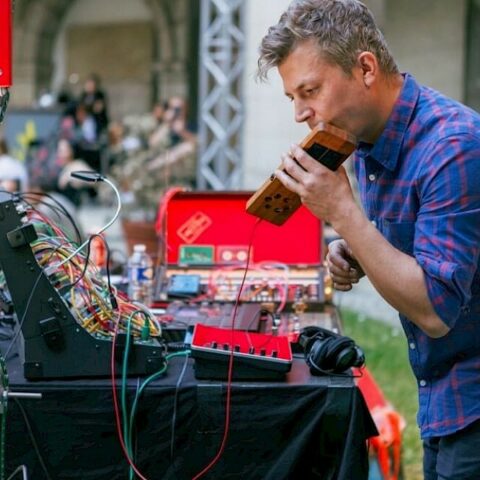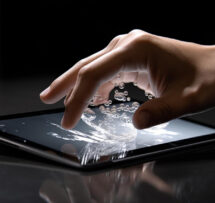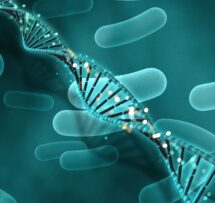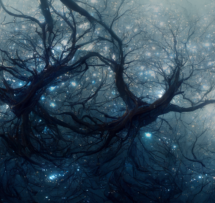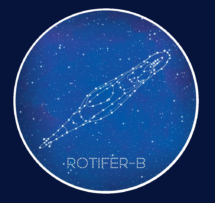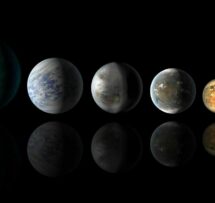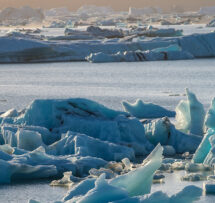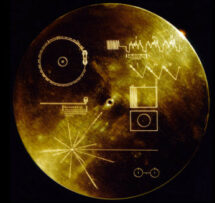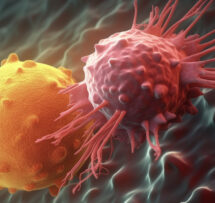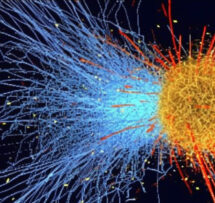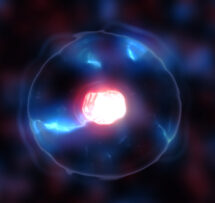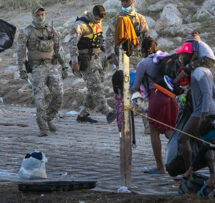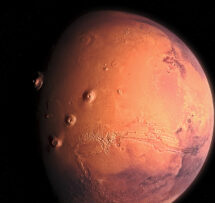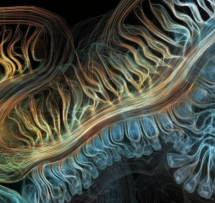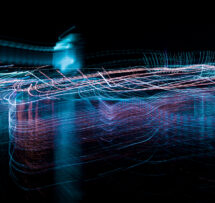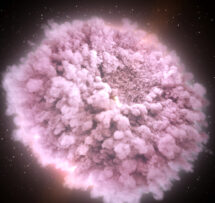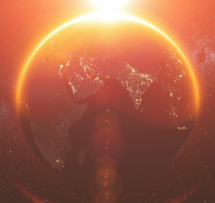Martian Chronicles
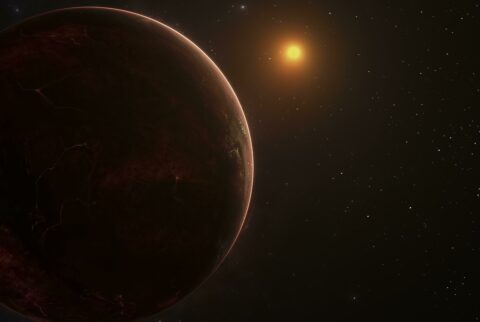
Was there water on Mars? Was there life in the past of Mars? Is there life today on Mars? Why do we need to return samples back from Mars? How do we bring martian samples back to Earth?
While Mars is today an arid planet, we have evidence it was very different in the past with liquid water at its surface. As such came the question of a possible life on Mars, likely in the past, but even possibly at the present time in the subsurface. In order to better understand the geological past of Mars and its potential habitability, numerous space missions are now orbiting around the planet but also driving on the martian surface. However, detecting ancient or even present life is a very complicated task that necessitates very complex instrumentation. Even though the current rovers are equipped with state-of-the art instruments, they cannot provide the full range of analyzes needed to investigate the question of life on Mars. Hence came the idea that if we cannot go on Mars, Mars can come to us, and the “Mars Sample Return” mission was born. This very ambitious mission is now in its first stage with the rover Perseverance drilling rocks at the surface of Mars. Later, those samples will be brought back to Earth to hopefully answer the question: is there life on Mars?
Image by Freepik
Talk by
Vinciane Debaille
Vinciane Debaille is a Senior Research Associate at the FNRS and professor of isotope geochemistry at ULB. Her research consists of the study of the formation of the solar system from its building blocks, meteorites named chondrites, to the evolution of terrestrial planets such as Earth and Mars in a global geodynamic context as revealed by isotope geochemistry. She is also interested in the formation of chemically distinct reservoirs in planets and mixing between these reservoirs, mantle convection, mantle plumes, the role of the source mineralogy and of plate tectonics and early planetary differentiation. To examine these issues, she is using several radiogenic isotope systems (Rb-Sr, Sm-Nd, U-Th-Pb, Lu-Hf, Re-Os), including short lived system 142Nd. She is also interested in the habitability of planets, i.e. when a planet could have sustained life, even if life did not appear. Using extraterrestrial samples is the core of her research, so she participated to 4 campaigns of meteorite collect in Antarctica, where the movement of ice is concentrating meteorites. She is one of the 5 European Scientists having been selected by ESA to participate as "Return Sample Scientist" on the Mars2020 Perseverance rover mission.

Music by
Xavier Gazon
Sound artist and electronic luthier Xavier Gazon reveals the invisible through his hybrid machines and unusual creations. His concerts are a real time musical laboratory, blending science and poetry, exoticism and technology in an incantatory, vibratory performance.
Picture by Mike Latona.
